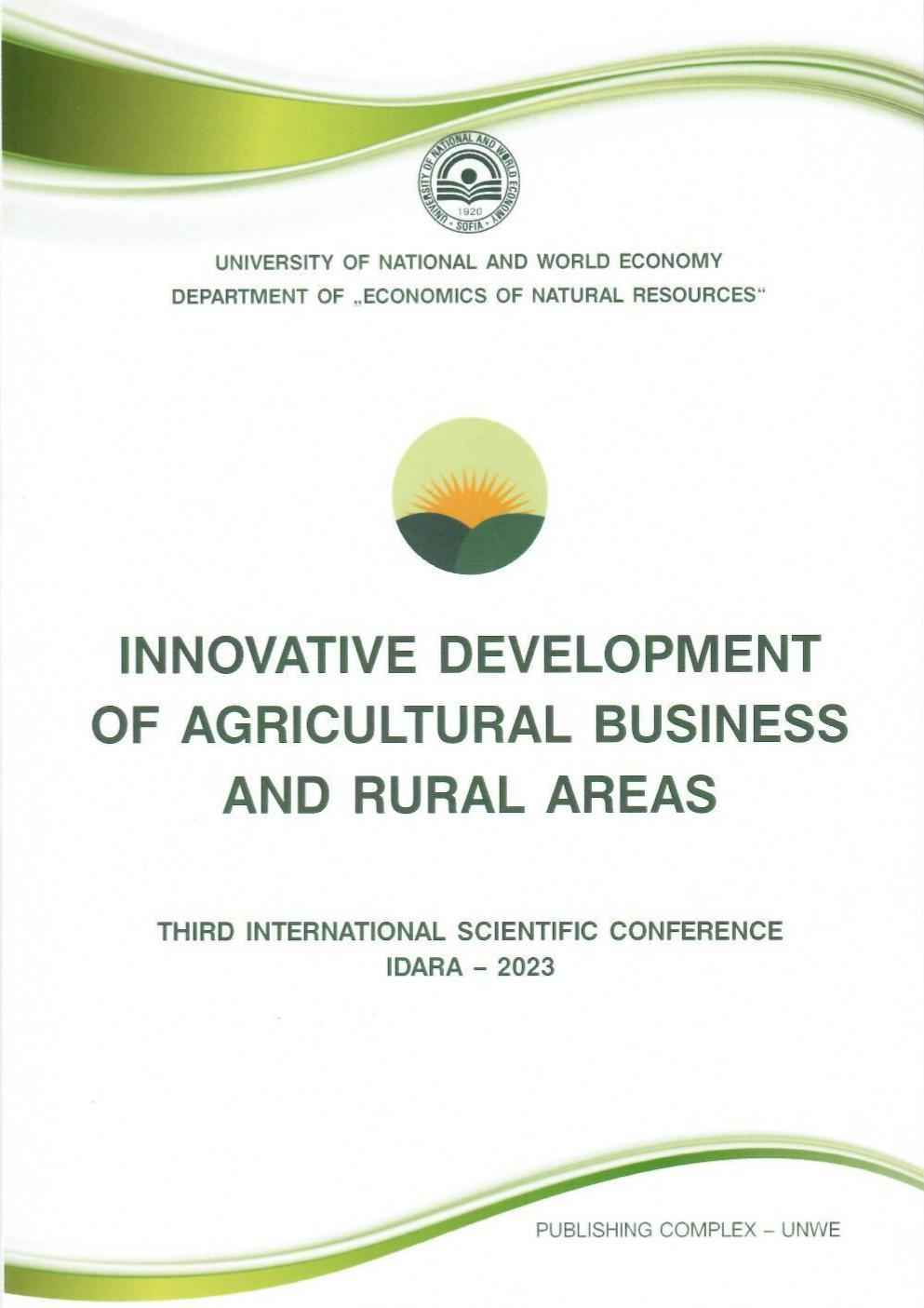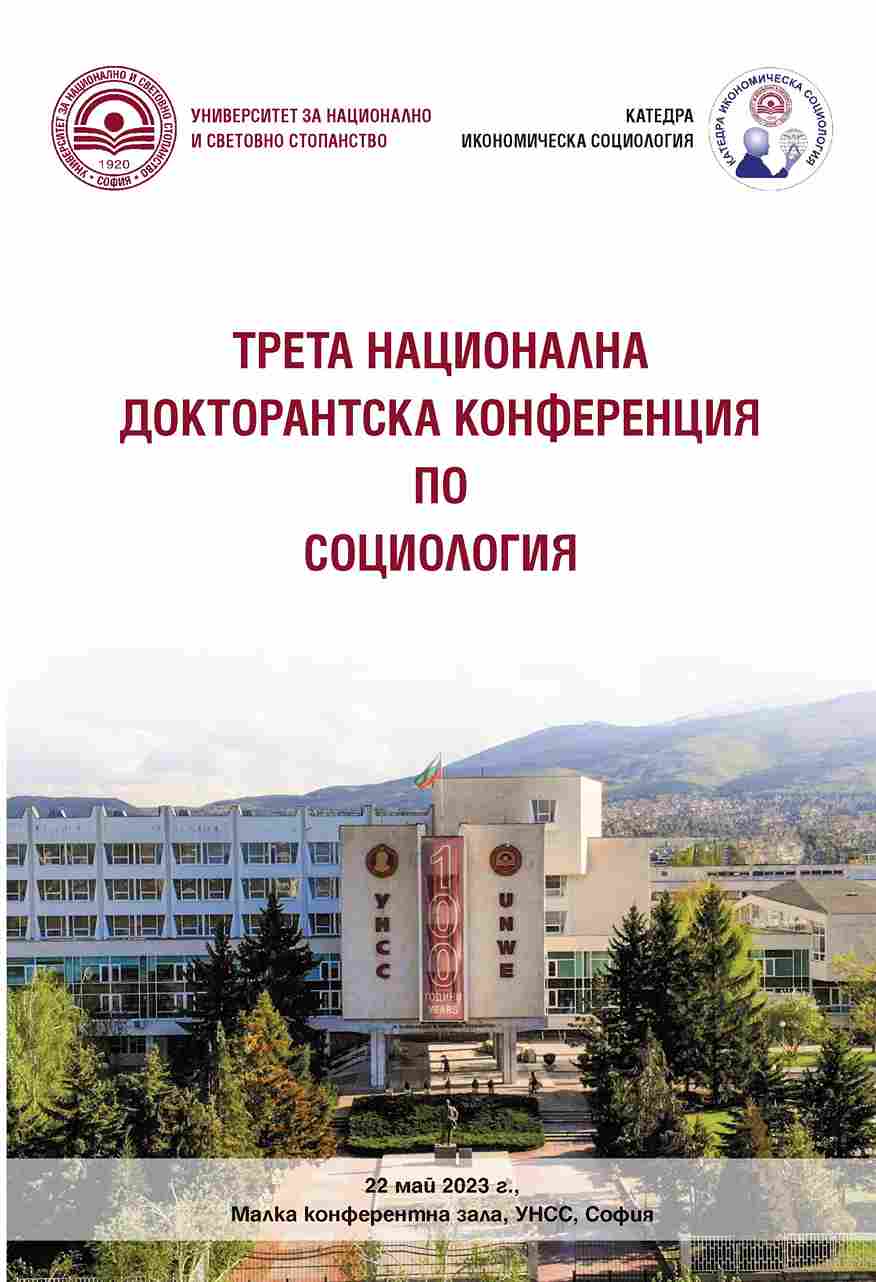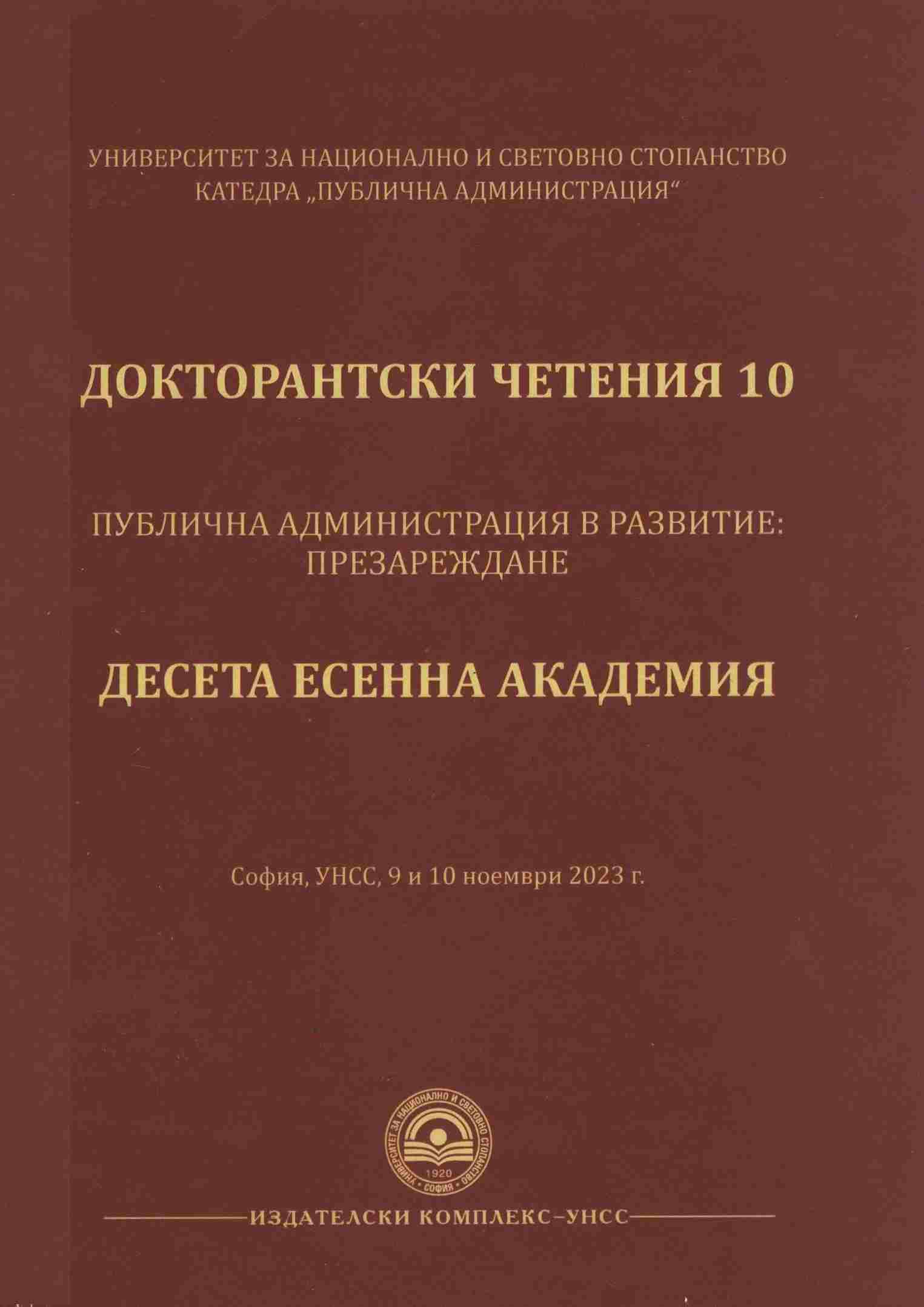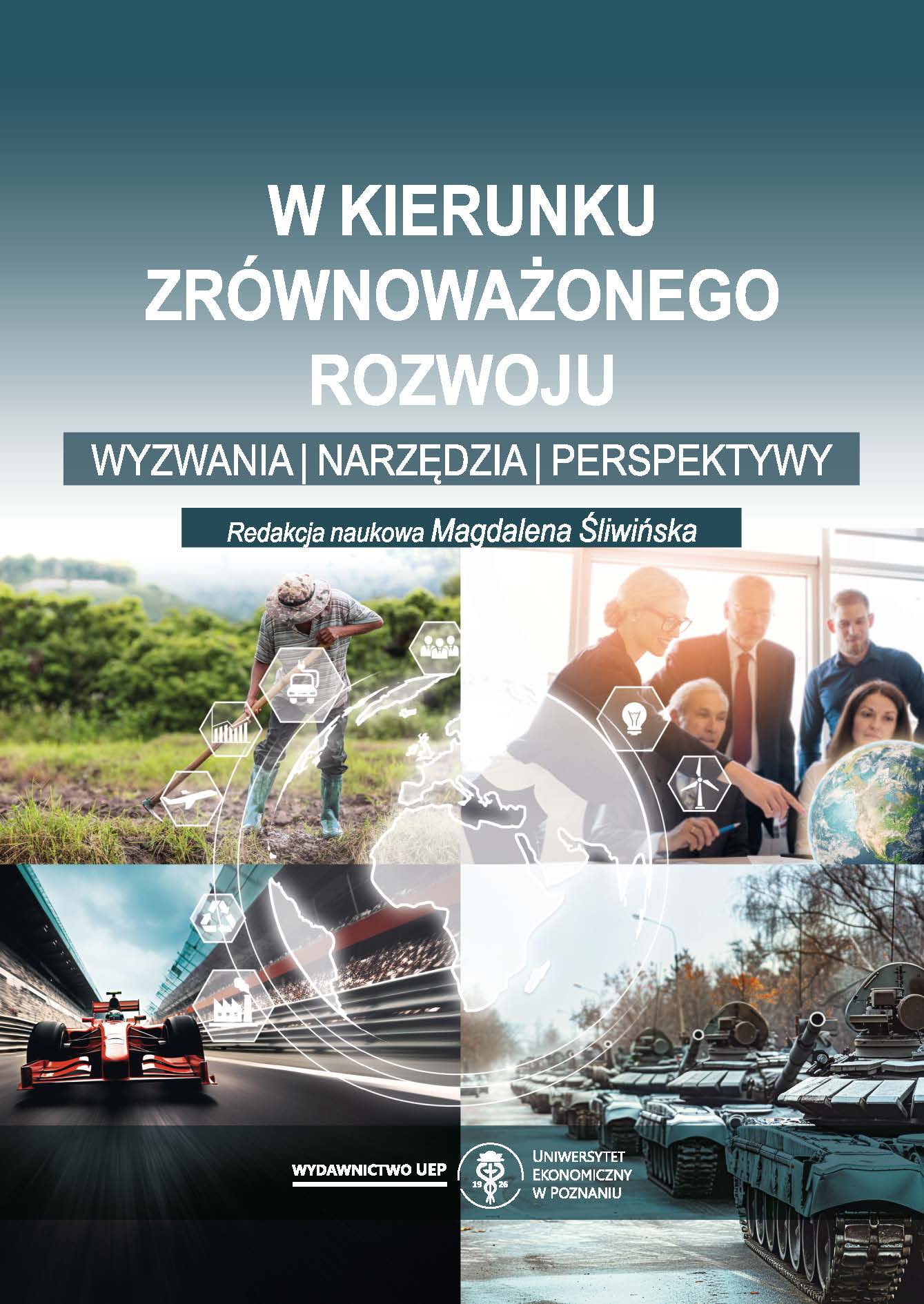Author(s): Albena Miteva / Language(s): English
Publication Year: 0
The concept of a green economy has gained significant traction as societies worldwide seek to balance economic growth with environmental preservation. Bulgaria, a country known for its rich cultural heritage and diverse natural landscapes, stands at a crucial juncture in its development journey. By capitalizing on the nation's strengths and addressing its challenges, Bulgaria can forge a path toward economic growth while preserving its natural heritage for generations to come. Through collective effort, informed policies, and innovative practices, Bulgaria can serve as a shining example of a country committed to harmonizing economic advancement with environmental stewardship. Embracing a green economy offers Bulgaria the opportunity to foster sustainable growth, reduce environmental degradation, and enhance overall well-being. The transition to a Green economy allows Bulgaria to transform its own economy – from a low-efficiency and resource-intensive one to an economy based on knowledge, digitalization and green growth, generating high added value and guaranteeing long-term sustainability. The green economy concept centers on the integration of economic development, environmental protection, and social well-being. It emphasizes resource efficiency, the minimization of waste, and the shift towards renewable energy sources. A green economy is characterized by sustainable and environmentally friendly practices that promote economic growth while minimizing negative impacts on the environment. A green economy is an economic system that aims to reduce environmental risks and ecological scarcities while promoting sustainable development. It focuses on creating a balance between economic growth, environmental protection, and social well-being. In the context of agriculture, a green economy involves implementing practices that minimize negative impacts on the environment, conserve natural resources, and promote sustainable food production. It encompasses sectors like energy, transportation, industry, and agriculture, among others. The concept revolves around the efficient use of resources, reduction of pollution, and conservation of biodiversity. This approach aims to decouple economic growth from environmental degradation, promoting sustainable practices that meet the needs of the present without compromising the ability of future generations to meet their own needs. The successful transition to a green economy requires collaboration among government, businesses, and civil society, along with strategic investments and supportive policies. This report delves into the theoretical basis of a green economy, explores its pros and cons, identifies obstacles to its implementation, discusses challenges in the agricultural sector, highlights promising sectors, provides examples of green initiatives in Bulgaria, and on this basis offers guidelines for a more efficient transition.
More...






